Why Japan has the longest-living people and what you can do to join their ranks.
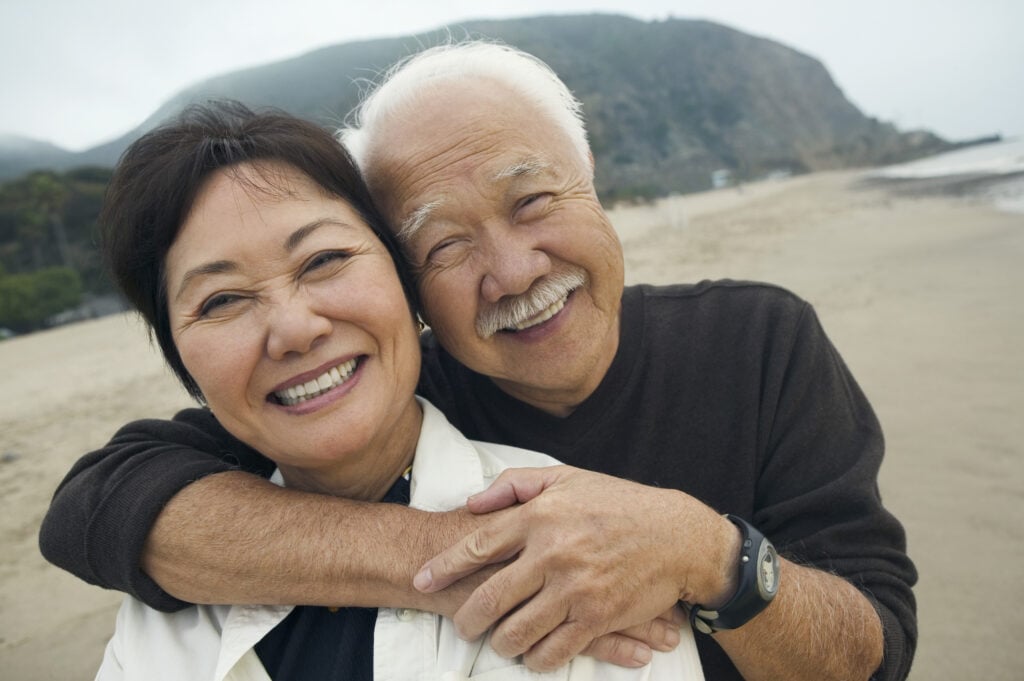
Something remarkable is happening in Japan. While the rest of the world grapples with chronic illness, rising stress, and the fear of growing old, the Japanese are quietly living longer, healthier lives—and doing it with joy. From tiny fishing villages to bustling urban centers, people in Japan are embracing habits that lead to vitality well into their 80s, 90s, and even 100s.
These aren’t magic pills or secret treatments. They’re daily practices—some surprisingly simple, others deeply cultural—that have stood the test of time. If you’re ready to age with energy, purpose, and peace, take a closer look at what the Japanese do differently. Here are ten habits that can completely shift how you experience the second half of your life.
1. Embrace “Ikigai”—Because Without Purpose, Aging Feels Miserable

In Japan, your “ikigai” is more than just a hobby—it’s your reason for being. Whether it’s painting, mentoring, cooking for your grandkids, or working toward a meaningful goal, having something to wake up for adds a powerful spark to your life. It creates direction, fulfillment, and joy, even on the most ordinary days.
Without a sense of purpose, aging can feel like a slow slide into invisibility, as stated by authors at WellBeing. But when you have something that lights you up, you stay engaged, mentally sharp, and emotionally connected. Start by asking yourself what brings you joy or who benefits from your presence. Your ikigai doesn’t have to be grand—it just has to matter to you.
2. Eat Until You’re 80% Full, and Stop Punishing Your Body with Overeating
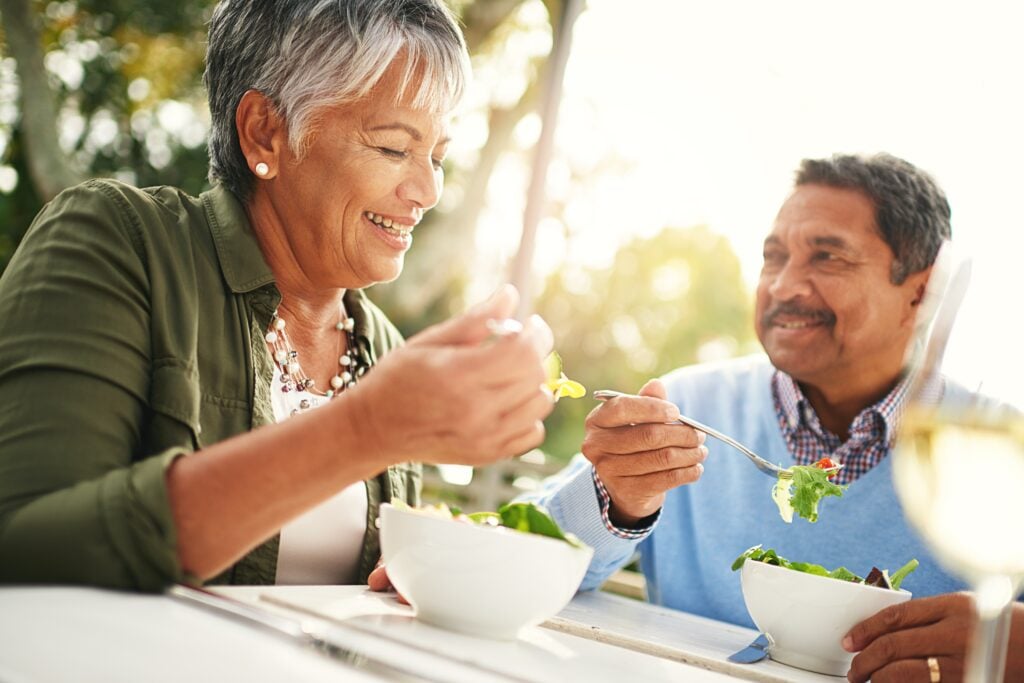
The Okinawans call it “hara hachi bu”—the practice of eating only until you’re 80% full. This isn’t about restriction or dieting. It’s about mindfulness, self-respect, and understanding when enough is truly enough. By stopping before you’re stuffed, you allow your body to process food efficiently without triggering unnecessary inflammation or weight gain, as mentioned by experts at Healthline.
This subtle habit reduces stress on your digestive system and may be one of the reasons heart disease and diabetes rates are so low among Japan’s older population. Next time you eat, pause halfway through your meal. Check in with your body. Are you still hungry, or just eating out of habit? Try stopping a little sooner, and watch how much more energized and clear-headed you feel.
3. Rethink Exercise—It Doesn’t Have to Be a Chore

You won’t find many Japanese seniors pushing through grueling gym sessions. What you will find are elders walking to the market, stretching on their porches, practicing Tai Chi in the park, and doing “rajio taiso,” a gentle calisthenics routine broadcast on national radio. It’s consistent, enjoyable movement that keeps their joints fluid and their spirits high.
Exercise doesn’t have to be painful to be effective. In fact, the Japanese approach shows that steady, low-impact movement often wins the longevity race. Instead of obsessing over steps or sweat, choose movement that feels good and fits naturally into your life, as reported by William Park at BBC. A 20-minute walk after dinner. Ten minutes of light stretching in the morning. That’s all it takes to build a foundation of lifelong strength.
4. Respect Your Elders—Learn from Those Who’ve Been There Before You

In Japanese culture, aging is honored, not feared. Grandparents are not pushed aside—they’re sought out for their advice and cherished for their stories. Elders often live with extended family, remain active in their communities, and serve as role models of resilience and wisdom. They’re not seen as a burden but as an integral part of the social fabric.
When we dismiss older generations, we miss out on the insights they’ve earned through decades of living. Building intergenerational relationships fosters connection, empathy, and a deeper sense of belonging. Make time to talk with older relatives or community members. Ask questions. Listen closely. You might find a new perspective—or even healing—that shifts how you see your own life.
5. Embrace Community—Because Loneliness Can Age You Faster Than Time

It’s no accident that the world’s longest-living people are deeply embedded in tight-knit communities. In Japan, neighbors often check in on each other, share meals, celebrate seasonal events together, and help one another through life’s curveballs. Social connection isn’t an afterthought—it’s part of the daily rhythm.
Research shows that isolation can be as damaging to your health as smoking. On the flip side, strong social ties can boost your immune system, lower stress hormones, and keep depression at bay. You don’t need a huge circle of friends—just a few meaningful connections can make all the difference. Say yes to coffee dates, join a group with shared interests, or simply make an effort to connect more with those around you.
6. Honor Rest as Much as Work—Stop Feeling Guilty About Taking It Easy
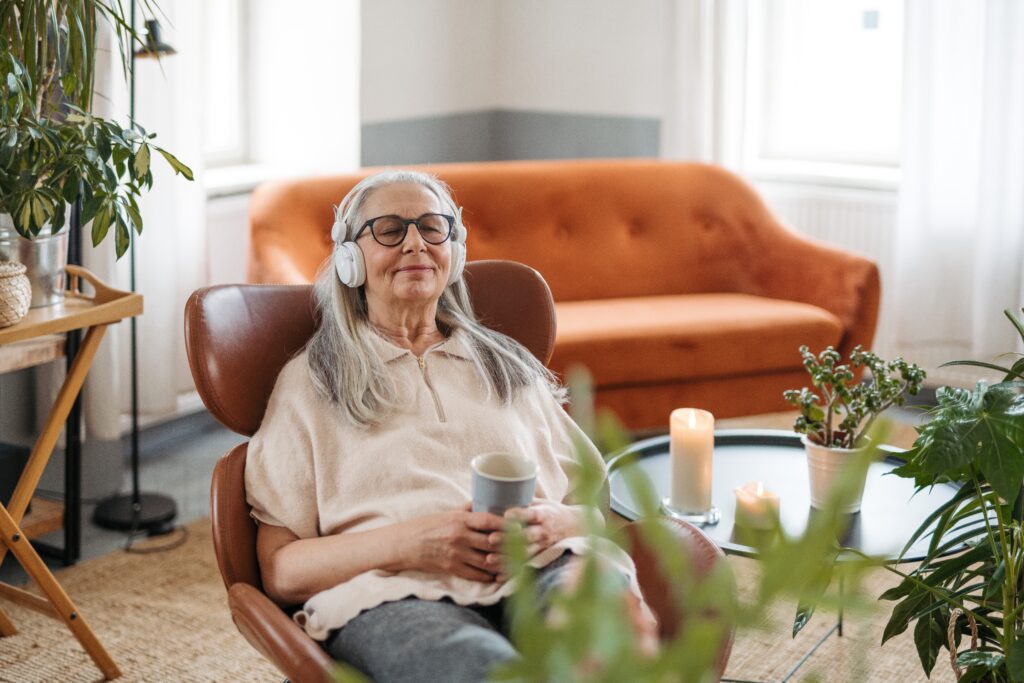
In Japan, there’s an unspoken reverence for rest. From quiet moments in a garden to afternoon naps or soothing soaks in an onsen (hot spring), relaxation is built into daily life. People there understand that true productivity comes from balance, not constant hustle. Rest is restoration, not laziness.
So many of us feel shame around taking breaks, as if we must earn our rest. But this mindset leads to burnout and chronic stress, which accelerate aging. Start reframing rest as an essential act of self-care. Close your eyes for 10 minutes. Sit quietly in nature. Say no to one more task. When you give yourself permission to unwind, you recharge your body and spirit in ways no supplement ever could.
7. Prioritize Fresh, Seasonal Foods Over Processed Junk
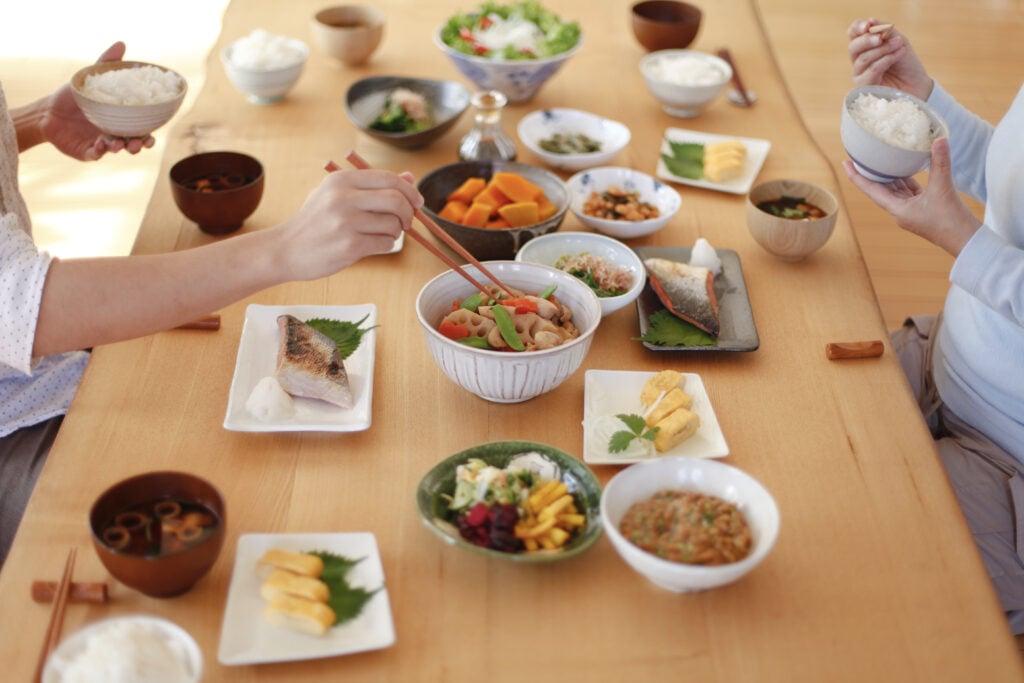
The Japanese diet is one of the cleanest in the world—filled with nutrient-dense foods like seaweed, sweet potatoes, tofu, green vegetables, fresh fish, fermented soy, and pickled vegetables. Processed foods are rare, portions are small, and meals are thoughtfully prepared and savored slowly.
Eating this way not only fuels the body—it also reduces inflammation, supports gut health, and helps maintain a healthy weight without obsession. Seasonal eating ensures variety and a constant influx of different vitamins and minerals. Start by replacing packaged snacks with whole fruits, adding a few fermented foods to your meals, and choosing fresh ingredients whenever possible. It’s a small shift that can have a huge impact on how you feel.
8. Make Tea a Daily Ritual to Soothe Stress and Boost Health
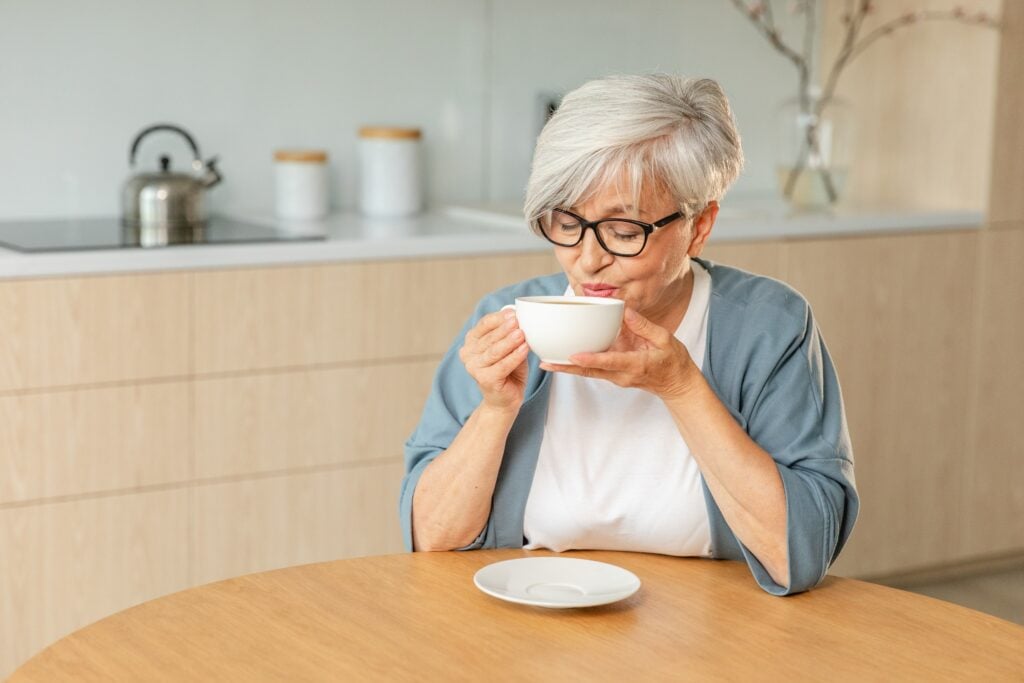
In Japan, drinking tea is an experience, not just a beverage break. Whether it’s matcha, sencha, or roasted barley tea, the act of preparing and sipping tea invites calm into the day. Beyond the ritual, green tea in particular is packed with antioxidants, supports heart health, and may even aid in cancer prevention and brain longevity.
Incorporating tea into your routine can become a moment of mindfulness, a reset between tasks, or a grounding ritual before bed. Light a candle, use your favorite mug, and just sit with the quiet. You’re not just hydrating—you’re telling your nervous system to relax and recharge. Plus, it’s one of the easiest and most affordable habits you can adopt for long-term health.
9. Practice Mindfulness in Everything You Do—Slow Down and Enjoy Life

From flower arranging to tea ceremonies to the graceful way meals are served, Japanese culture is deeply rooted in presence. There’s an attention to detail and reverence for the moment that transforms even mundane tasks into something sacred. This mindfulness creates a life that feels richer, calmer, and more connected.
You don’t have to meditate for hours to practice mindfulness. You just have to notice what’s happening right now. Feel the warmth of your shower, taste each bite of your lunch, breathe deeply before replying in a conversation. When you stop rushing through life, you begin to truly live it—and that shift can ease stress, improve sleep, and even lower blood pressure over time.
10. Don’t Fear Aging—Accept It as Part of Life’s Journey
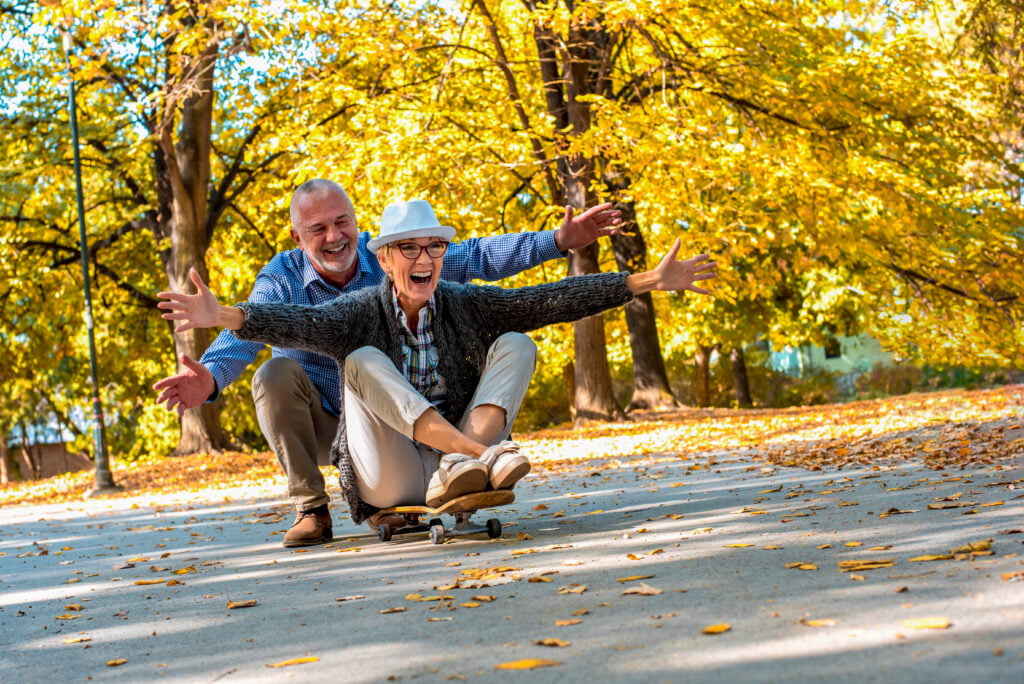
In Japan, getting older is not something to fight—it’s something to embrace. Wrinkles, gray hair, and slower paces are seen as signs of a well-lived life, not flaws to be erased. Elders continue to grow, contribute, and find meaning, which keeps them engaged and emotionally fulfilled well into old age.
By contrast, many Western cultures are obsessed with staying young at all costs, often leading to shame, disconnection, and unrealistic expectations. But aging is inevitable—and when we stop fighting it, we make room to appreciate the wisdom, perspective, and freedom it can bring. Start celebrating what your age has taught you. Let go of the pressure to be who you once were, and step fully into who you’re becoming.
